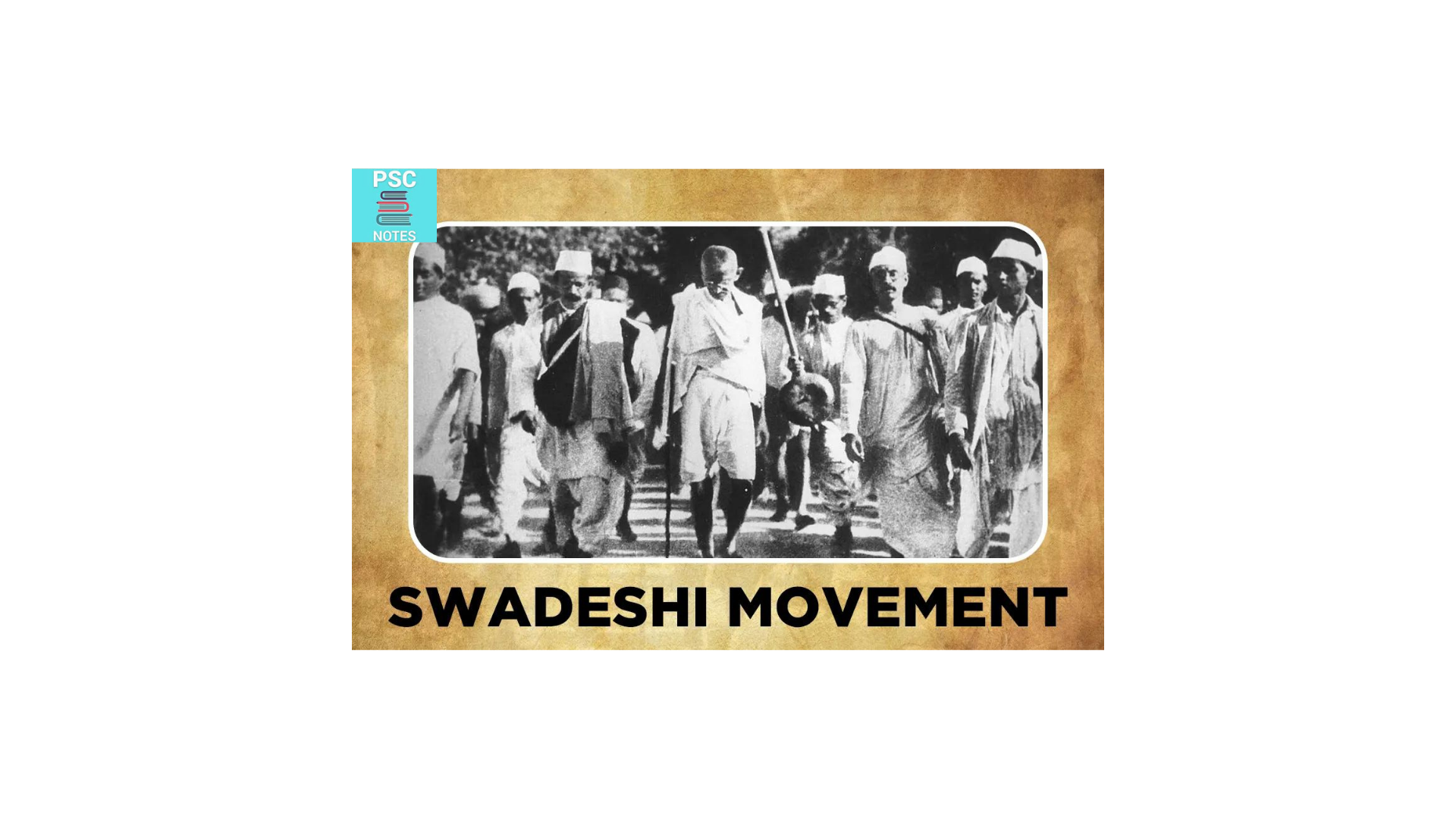Civil Rebellions and Tribal Uprisings
The backbone of the rebellions, their mass base and striking power came from the rack-rented peasants, ruined artisans and demobilized soldiers CAUSES The major cause of the civil rebellions was the rapid changes the British introduced in the economy, administration and land revenue system. The revenues were enhanced by increasing taxes. Thousands of zamindars and … Read more
